ROBERT WILLIAMS BUCHANAN (1841 - 1901)
|
ROBERT WILLIAMS BUCHANAN (1841 - 1901) |
|
|
|
|
|
|
|
|
WAYSIDE POSIES - continued
18. Glen-Oona. [There is a long poem (never reprinted in any subsequent Collection) in North Coast and other Poems called ‘The Exiles of Oona’. For that reason, and none other, I’ve included ‘Glen-Oona’ here as a possible poem by Buchanan.]
AND is there still joy in the vale of Glen-Oona? Thirty years since I went from the vale of Glen-Oona, And I cursed her who dwelt in the vale of Glen-Oona, But memory loved the clear vale of Glen-Oona, And now, once again, I look down on Glen-Oona, Oh, where is the olden and golden Glen-Oona |
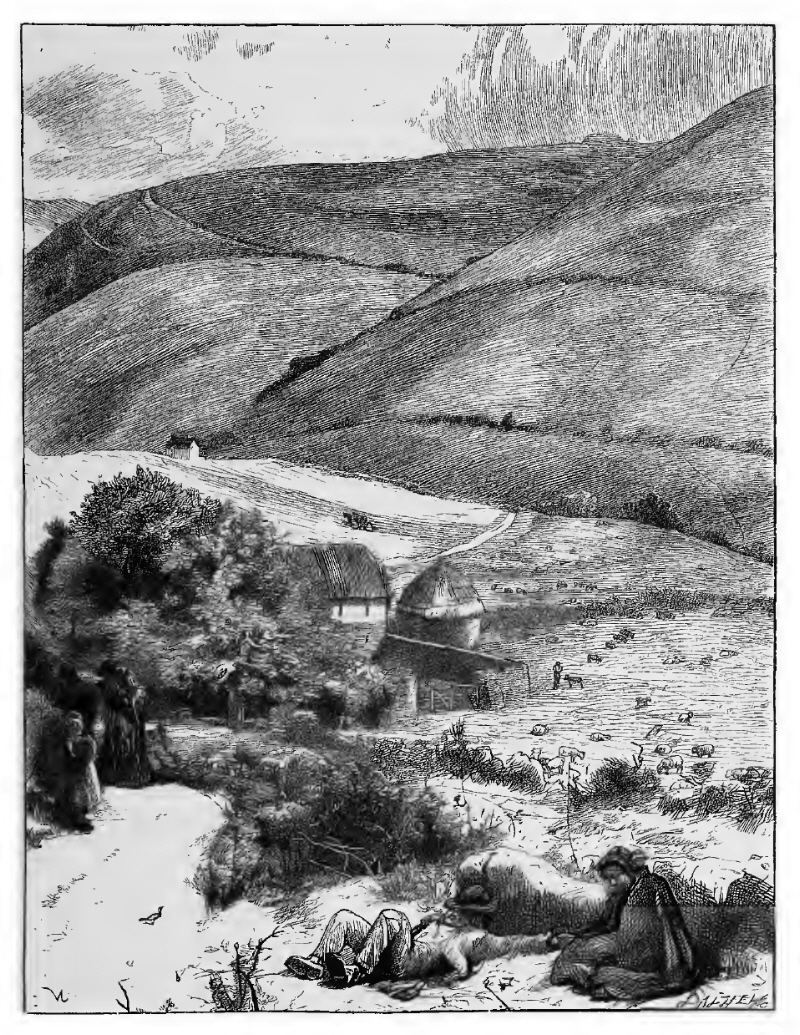 |
|
19. The Island Bee. 20. A Vesper Hymn. [In the Special Collections Library of Pennsylvania State University there is the following item: “Robert Buchanan letter and poem:
SWEET is the little scented spot We have been happy many a day, We are so old and sleepy-eyed, |
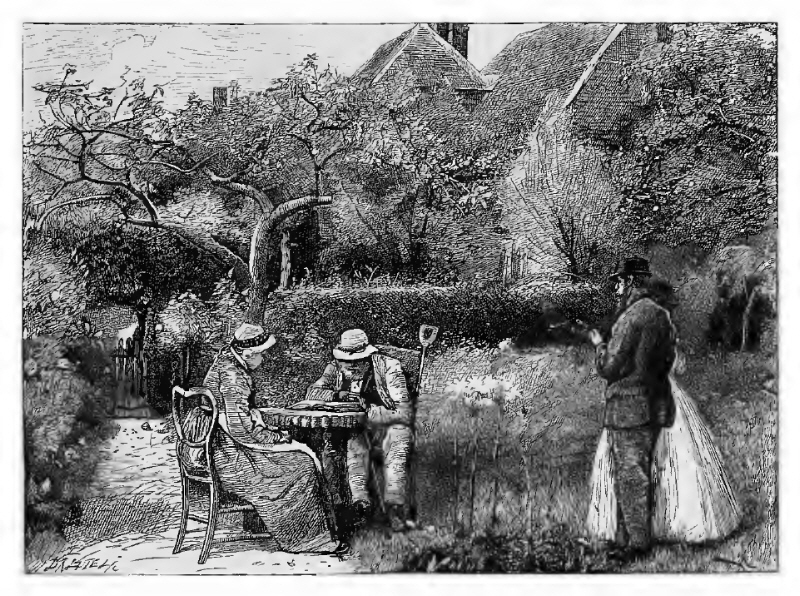 |
|
21. Rain. [‘Rain’ is by Buchanan and shares several lines with a longer poem with the same title, which was published in The Athenæum (26 May, 1860).]
NOW, breathing up from beds of balm, Oh, watch them blown from hill to hill, Oh, dark and still across the ground |
 |
|
22. Stainley Ferry. 23. Norlan Farm. 24.The Old Cart. 25. Kitty Morris. 26. A Vagrant’s Song. 27. Summer Storm. [‘Summer Storm’ is by Buchanan and is a reworking of ‘Wife and I’ which was originally published in Once A Week (21 June, 1862).]
WE quarrelled this morning, my wife and I— Wife, like a tragedy queen in a play, You’d have thought us the bitterest (seeing us then) The storm was over in less than an hour, Then she, as a woman, much braver became, But, seeing me acting a humble part, And this was the time for her arms to twine |
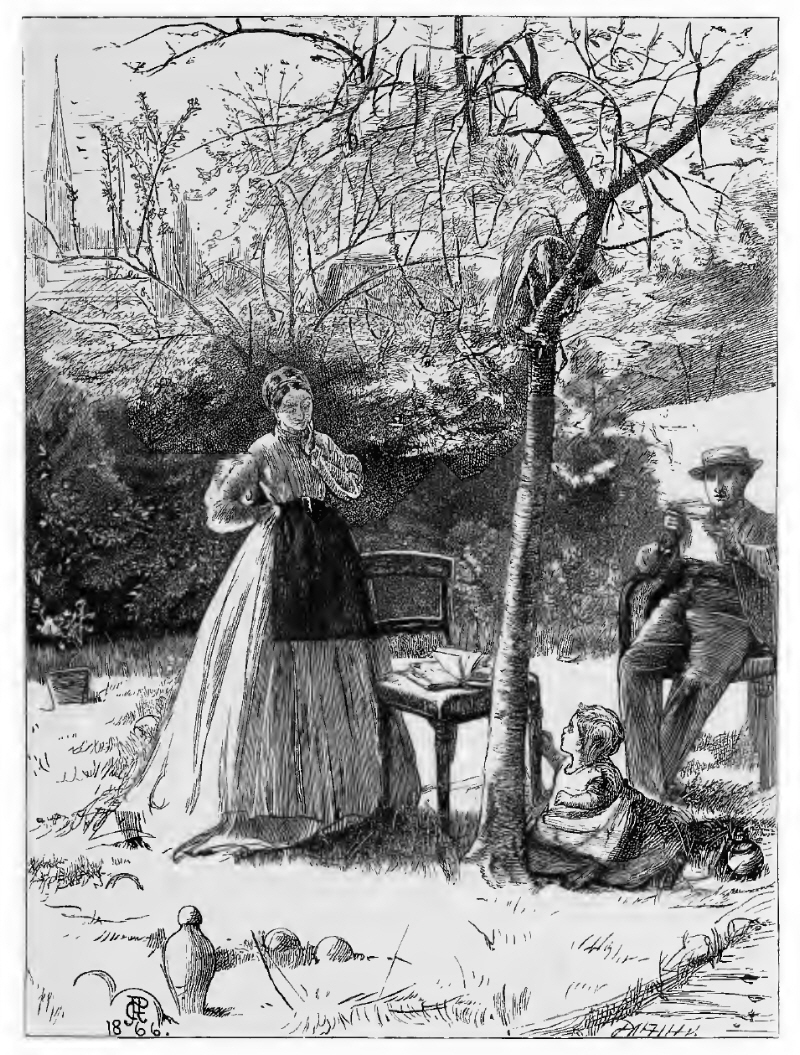 |
|
28. Our Little One. [No connection to Buchanan, beyond being very similar to his other ‘dead baby’ poems of the early 1860s.]
ALL day long the house was glad But all the house is very still, Alas! he smiles as if he dreams! |
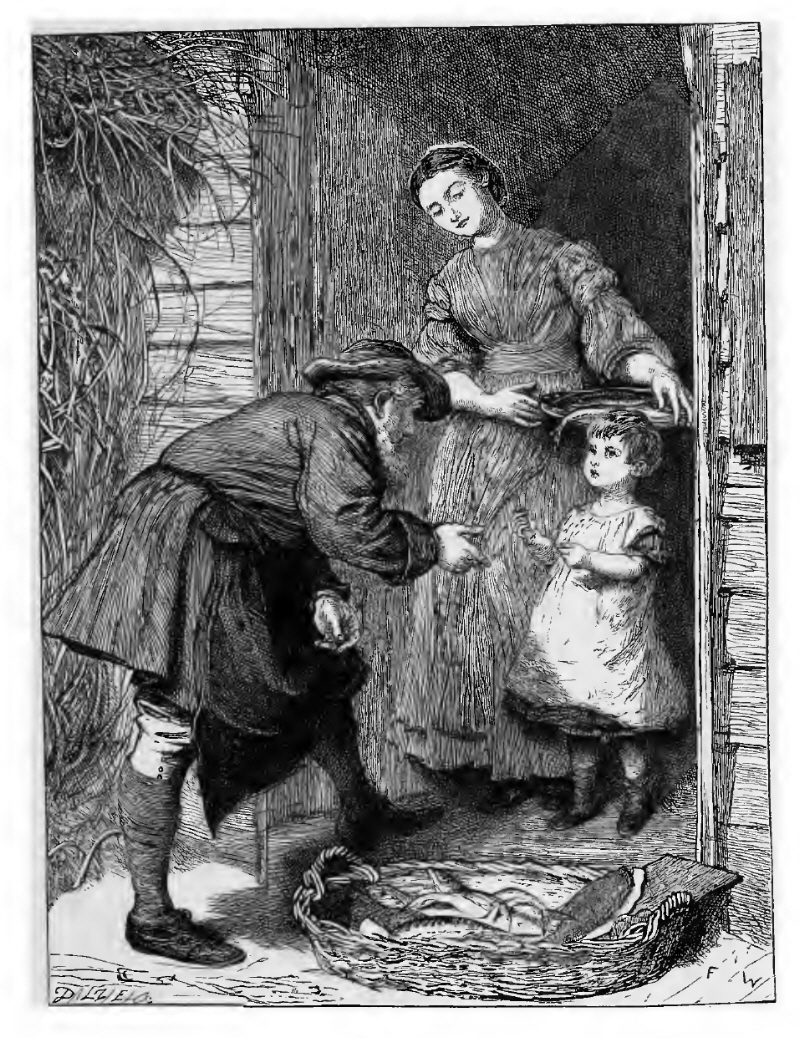 |
|
29. Autumnal Song. 30. Winter Song. 31, Doctor Tom. 32. The Heath. 33. Sailor’s Love. 34. ‘Which Would You Kiss?’ 35. Mother Rumour. [‘Mother Rumour’ is also mentioned in ‘The Waxwork’, which is anonymous, but I believe is by Buchanan. There is also a ‘Goody Blane’ (‘Meg Blane’) and one of Buchanan’s regular themes, capital punishment. Of course, all this may just be coincidence.]
WHAT did Mother Rumour do? A speaking-trumpet in her hand, Everywhere her notes were heard, From the Sultan’s bright seraglio, Little king or queen could do Terrible things and wicked things, Kings and courtiers saw her pass, The murderer, as he turned to fly, Two magpies, sitting on a fir, But the lark went up to Heaven’s gate, |
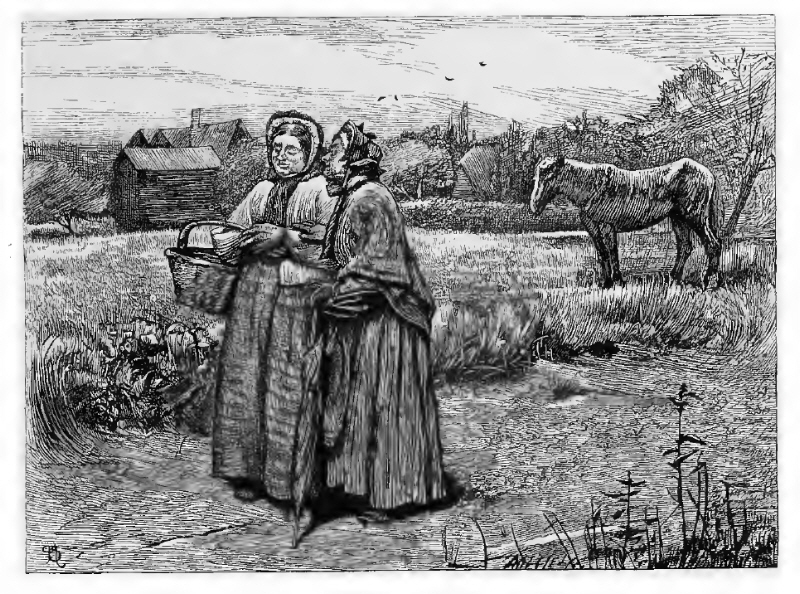 |
|
36. Where The Wind Comes Frae. [The only reason to include this as a possible Buchanan poem, is the Scottish dialect.]
OH weel I mind, Oh weel I mind, Tho’ I hae dwelt for many a year The wind that beats the widow’s face Oh, I hae striven, loved, and sinned, |
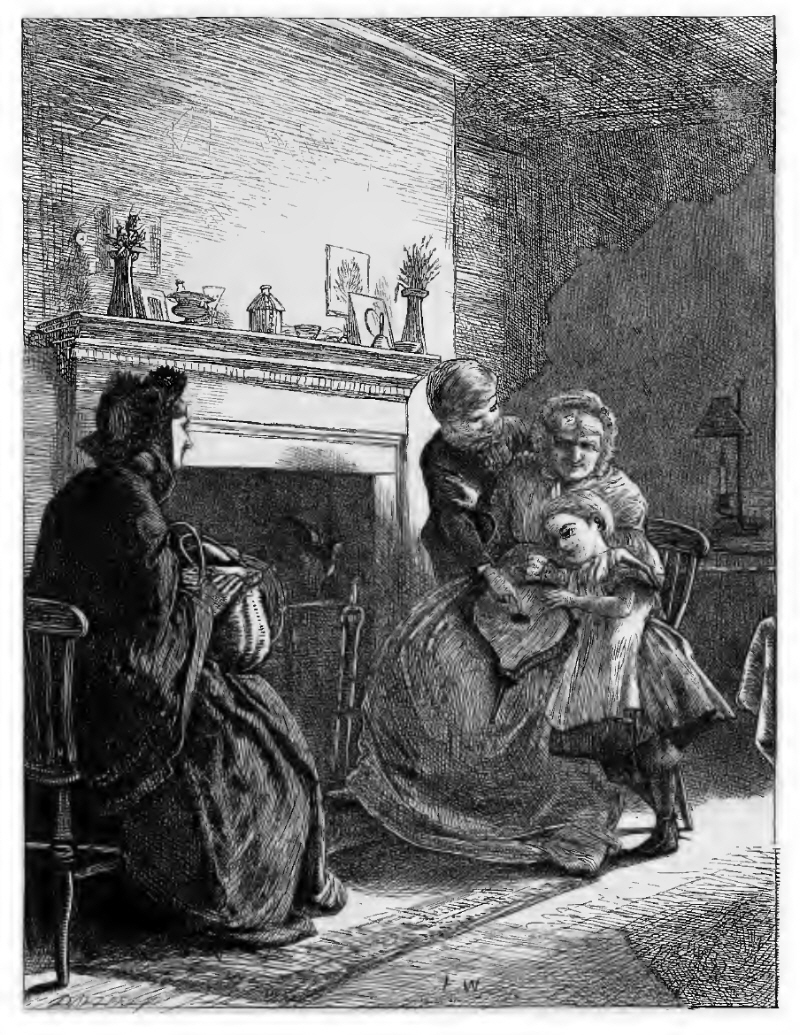 |
|
37. Peace. [‘Peace’ is mentioned in a letter to the Brothers Dalziel of 22nd August, 1866 as follows: “Put ‘Peace’ first by all means,—but arrange all the rest just as you like.” Whether that is significant and indicates Buchanan’s authorship, I don’t know. I also have no idea why its position was changed from first to last.]
WAR thunders out of other lands, But here in England blooms the palm, The stream unreddened sweeps along; In English meadows sleeps the lamb, But keep, O England, peaceful rule; And pour, O God, around this isle |
 |
|
Back to Wayside Posies
|
|
|
|
|
|
|